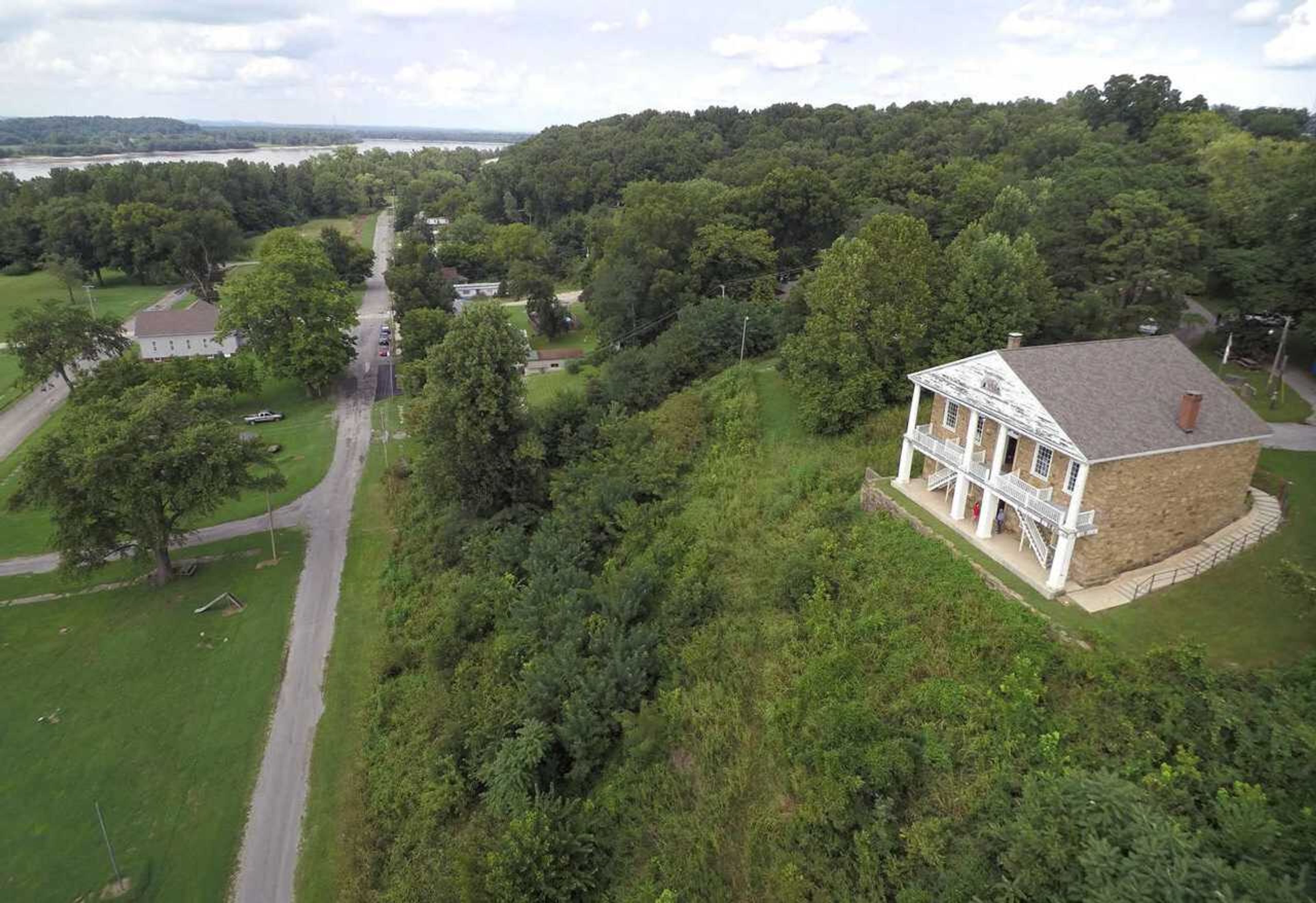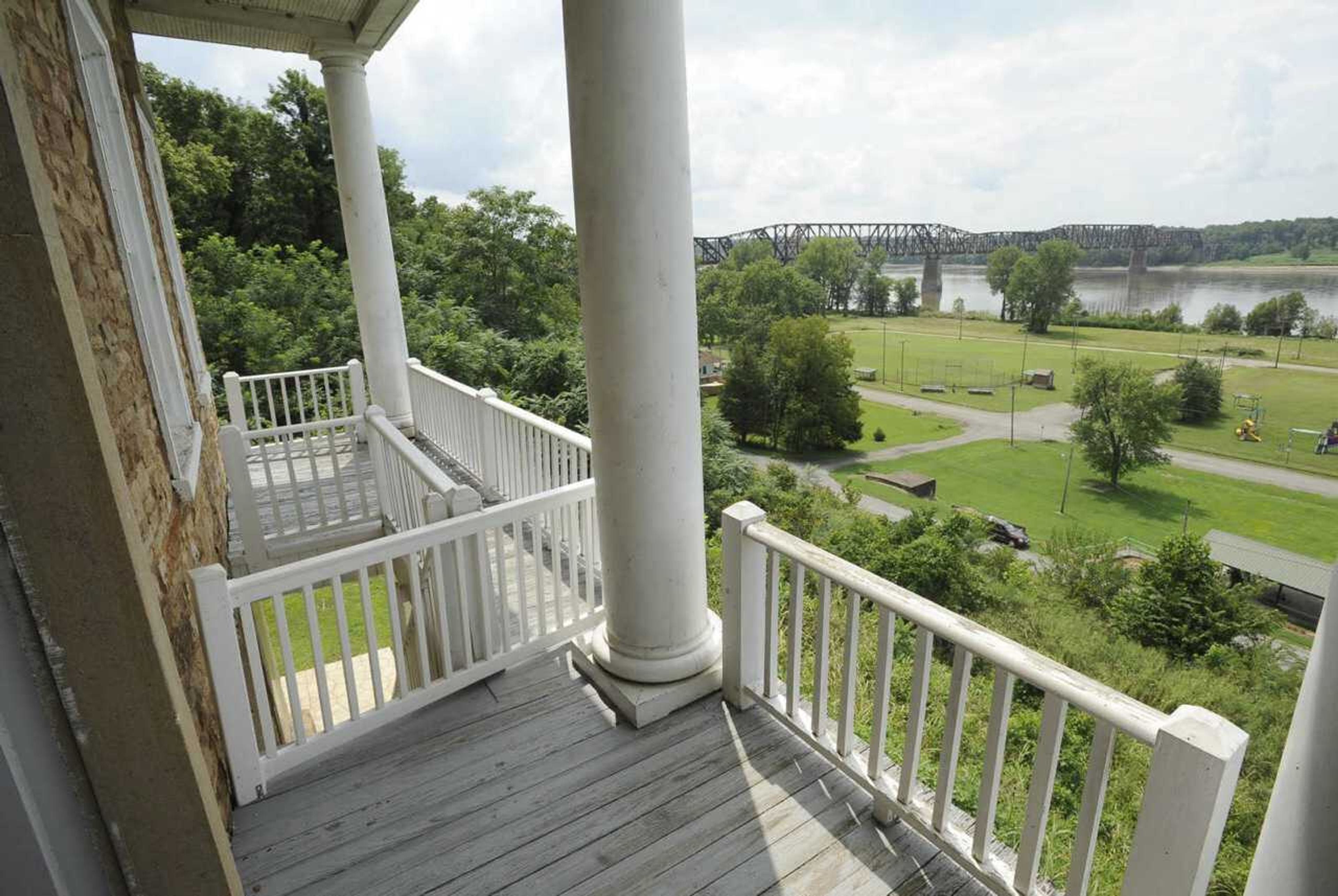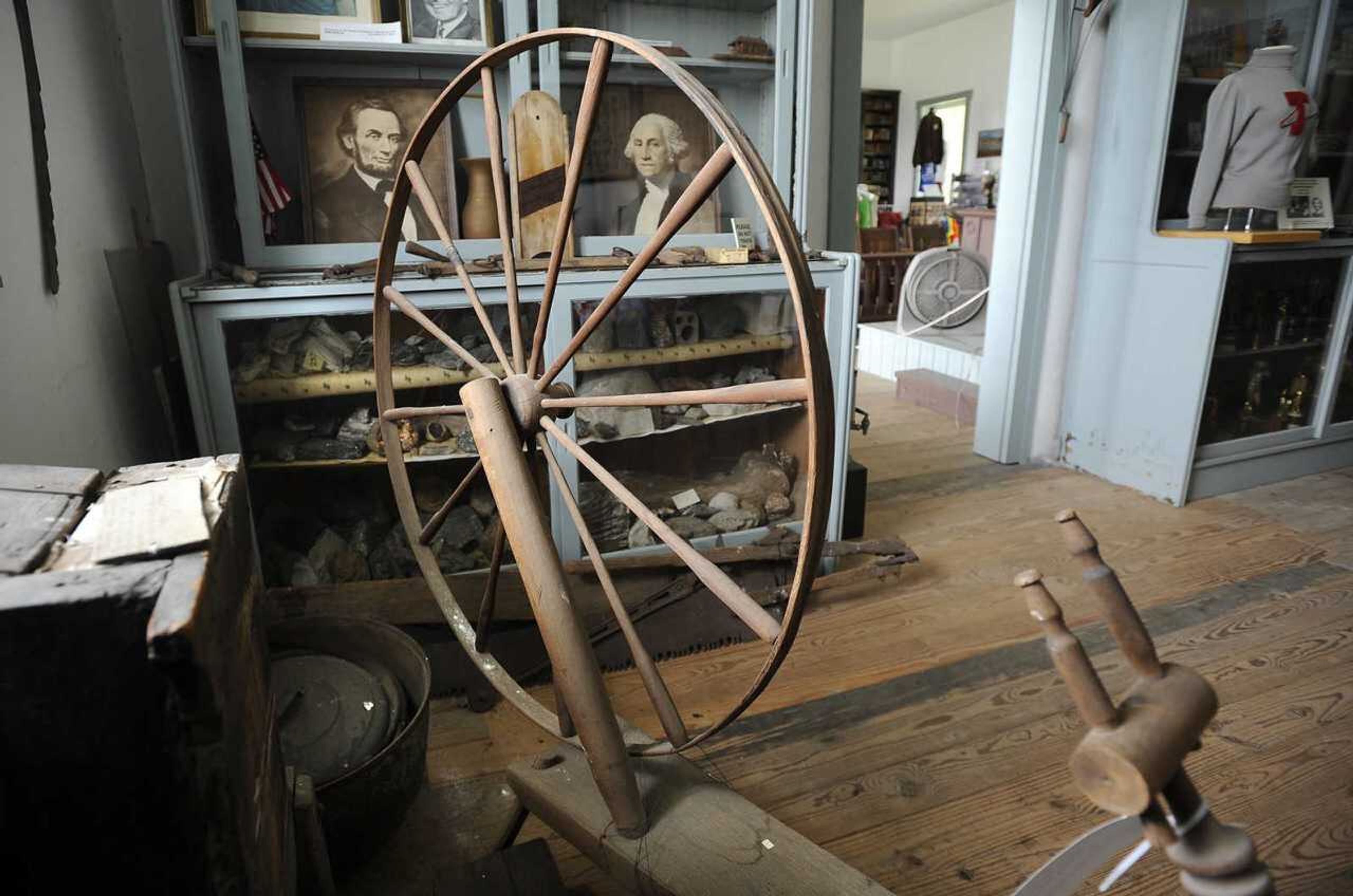What's past is prologue: Harsh political talk from Lincoln's day to ours
Divisiveness is nothing new in U.S. politics. A living former American president was known to use the phrase, "the politics of personal destruction," in reference to the often tough rhetoric used in the public square. The description was made popular by President Bill Clinton during his 1999 impeachment trial, but some historians also point to the rough treatment afforded Robert Bork during his failed 1987 nomination by President Ronald Reagan to the U.S. Supreme Court...
The “What’s Past is Prologue” series, an homage to William Shakespeare’s “The Tempest,” looks at events of the past that seem to reoccur later with remarkable similarities. Frank Nickell of the Kellerman Foundation for Historic Preservation, previously a longtime faculty member at Southeast Missouri State University, is primary historian for these articles, which will be carried intermittently in the Southeast Missourian.
This is the third in the series.
Divisiveness is nothing new in U.S. politics.
A living former American president was known to use the phrase, "the politics of personal destruction," in reference to the often tough rhetoric used in the public square.
The description was made popular by President Bill Clinton during his 1999 impeachment trial, but some historians also point to the rough treatment afforded Robert Bork during his failed 1987 nomination by President Ronald Reagan to the U.S. Supreme Court.
Terms such as "moron," "clown" and "racist" were bandied during the 2020 presidential campaign.
NBC News anchor Lester Holt said the Sept. 29, 2020, first presidential debate between now-Oval Office incumbent Joe Biden and the nation's 45th president, Donald Trump, "could have been a low point in political discourse."
Nickell said this kind of rancorous speech is nothing new.
"We have always had acrimony associated with sitting and former presidents, with insults intended to reduce an opponent in size and to promote your own candidate," said Nickell, who taught history for 44 years at Southeast.
Lincoln
In Nickell's opinion, no president had it rougher than Abraham Lincoln, who served from 1861 until his assassination on Good Friday 1865.
Lincoln's countenance is among the four presidents depicted on Mount Rushmore, his face is on the $5 bill and he is regarded by many Americans, including former President Barack Obama, as one of the country's finest national leaders.
In his day, however, Lincoln was regularly pilloried rhetorically.
"The Civil War was the peak of the nation's internal dissension, and no president has been attacked like him. Lincoln and his family were threatened with murder and constant death threats," Nickell said, recalling Lincoln's stewardship of the War Between the States, the freeing of slaves and the April 27, 1861, decision to suspend the writ of habeas corpus -- the right of a defendant to be brought to court to hear whatever criminal charges have been lodged.
"With habeas corpus revoked, you could be thrown in jail and forgotten about -- no charges ever made -- so it was a difficult, chaotic, tense situation," Nickell said.

One of Lincoln's most vociferous opponents, Wisconsin newspaper editor Marcus Pomeroy, used his pen regularly in demonization and to call for the president's demise in 1864.
"If he is elected to misgovern for another four years, we trust some bold hand will pierce his heart with dagger point for the public good," Pomeroy wrote, his prose recalled in Frank Klement's 1999 book, "Lincoln's Critics."
Intense name-calling
"[Lincoln] was denounced with extreme vitriol," said Nickell, who is today the chairman of the Board of Directors of the Cape Girardeau-based Kellerman Foundation.
In the Sept. 24, 2021, edition of Atlantic Monthly magazine, writer Mark Bowden recalls Lincoln was called during his lifetime a "barbarian, a yahoo, a gorilla, a coward and an idiot."
Bowden, best known for authoring the 1999 book "Black Hawk Down," said his research unearthed Lincoln was reviled not only by those in the former Confederate States of America but by Union elements, too.
Bowden said some Northern newspapers openly called for Lincoln's assassination "long before John Wilkes Booth pulled the trigger."
Elizabeth Cady Stanton, the famous abolitionist and a leader of 19th-century efforts for women's suffrage, called Lincoln "Dishonest Abe" in an 1864 letter, a year after Lincoln freed the slaves, vowing if Lincoln was reelected, she would immediately leave the country for the Fiji Islands.
Stanton, Bowden states, would come to lament her letter, and she never left the U.S.
Lincoln, a Republican, was regularly denounced by those in his own party.
William M. Dickson, Ohio judge and one of the founders of the Republican Party: "[Lincoln] is universally an admitted failure, has no will, no courage (and) no executive capacity."
William Fessenden, Maine GOP senator: "[Lincoln] as weak as water."
Zachariah Chandler, Michigan Republican senator: "[Lincoln] timid, vacillating and inefficient."

Nickell said Lincoln's reputation was "saved" by the assassination in Ford's Theatre, shortly after the start of his second term in office -- noting the 16th president's martyrdom spared him the arduous and difficult work of post-war Reconstruction.
"Political rhetoric was far worse in Lincoln's day. What we're hearing today is not even close to what was heard during the Civil War," he said.
Connect with the Southeast Missourian Newsroom:
For corrections to this story or other insights for the editor, click here. To submit a letter to the editor, click here. To learn about the Southeast Missourian’s AI Policy, click here.











